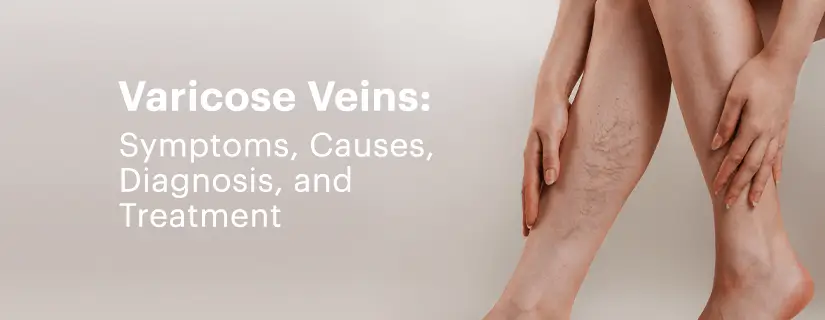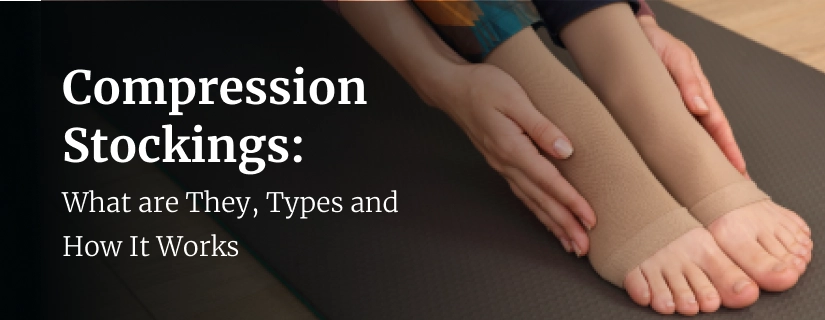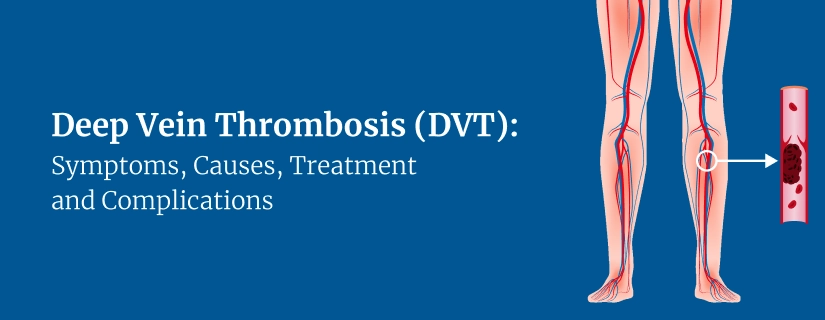-
Doctors
-
Specialities & Treatments
Centre of Excellence
Specialties
Treatments and Procedures
Hospitals & Directions HyderabadCARE Hospitals, Banjara Hills CARE Outpatient Centre, Banjara Hills CARE Hospitals, HITEC City CARE Hospitals, Nampally Gurunanak CARE Hospitals, Musheerabad CARE Hospitals Outpatient Centre, HITEC City CARE Hospitals, Malakpet
HyderabadCARE Hospitals, Banjara Hills CARE Outpatient Centre, Banjara Hills CARE Hospitals, HITEC City CARE Hospitals, Nampally Gurunanak CARE Hospitals, Musheerabad CARE Hospitals Outpatient Centre, HITEC City CARE Hospitals, Malakpet Raipur
Raipur
 Bhubaneswar
Bhubaneswar Visakhapatnam
Visakhapatnam
 Nagpur
Nagpur
 Indore
Indore
 Chh. Sambhajinagar
Chh. SambhajinagarClinics & Medical Centers
Book an AppointmentContact Us
Online Lab Reports
Book an Appointment
Consult Super-Specialist Doctors at CARE Hospitals
Major Lifestyle Changes to Manage Obesity
Updated on 5 November 2019

Table of Content
One of the leading medical issues faced by our generation in today’s time is obesity. Defined as a complex disease in which there is an excess accumulation of body fat, obesity is more than just a cosmetic concern. Not only is it a major concern in itself, obesity is also the root cause of many critical medical conditions such as diabetes, heart issues, high blood pressure and certain cancers. Though easily developed, getting rid of obesity can be quite a challenge. A person is said to be obese when his/her body mass index (BMI) is higher than 30. But since it doesn’t directly measure body fat, BMI is not the ultimate declaration of obesity. A person can be obese due to various reasons. It could develop easily in people who have a family history of obesity, lifestyle choices, medical conditions and medications and psychological conditions among other factors. Though not all, some of these factors can be easily countered by making a change in your lifestyle and following a fixed regime.
Doctors at CARE Hospitals, one of the best cancer hospitals in Hyderabad, believe that obesity is the second biggest preventable cause of cancer. They suggest their patients cut down on their calorie intake and increase physical activities as a means to get rid of the excessive fat that has accumulated over the years.
Five major lifestyle changes for Obesity
- Dietary Changes: One cannot overcome obesity without making changes to the diet. Reducing calories and incorporating healthier eating habits are the best ways to lose weight steadily and maintain it in the long run. Keep track on your calorie intake and make notes of where and how you need to reduce it. Eat more plant-based food and whole-grain carbohydrates. Avoid fats and sugar-sweetened beverages. Consume food items that have low calories as they can be eaten in larger quantities without much harm and help cut down on your hunger pangs.
- Exercise: This is an essential part of treating obesity. Regularity is the key to losing weight through physical activity. Obese people should get about 150 minutes of moderate to intensive exercise per week to maintain their health. With time, they can increase the intensity or the time spent on these activities. Apart from the workout, there are small changes that be made to make the body work more and be constantly on the move. You can park your car at a distance from the store or your office, get active and increase the household chores and keep a goal of walking at least 10,000 steps every day.
- Stress Management: Practice stress-reduction techniques, such as meditation or deep breathing.
- Adequate Sleep: Prioritize getting enough quality sleep each night.
- Hydration: Drink plenty of water and limit sugary beverages.
These are the five major lifestyle changes that are an integral part of obesity treatment. You can consult a doctor for the same and seek advice on how to go about your diet and exercise. He/she will help you finalize a routine and fix your dietary concerns as well.

ENQUIRY FORM
SELECT CATEGORIES
-
Neurosciences (16)
-
Neurology (37)
-
Neurosurgery (14)
-
Orthopaedics (48)
-
Oncology (33)
-
Obstetrics and gynecology (52)
-
Pulmonology (23)
-
Urology (20)
-
Nephrology (13)
-
Psychiatry (7)
-
Dietetics and Nutrition (111)
-
General Medicine (63)
-
Cardiac Sciences (32)
-
Vascular & Endovascular Surgery and Interventional Radiology (15)
-
Gastroenterology (46)
-
Endocrinology (23)
-
Plastic Surgery (10)
-
Critical Care Medicine (5)
-
COVID-19 (16)
-
Dermatology (16)
-
Emergency Care (1)
-
Ophthalmology (4)
-
Pediatrics (14)
-
Laparoscopic and Bariatric Surgery (8)
-
ENT (15)
-
Kidney Transplant (1)
-
Liver Transplantation and Hepatobiliary Surgery (5)
-
General Surgery (3)
-
Internal Medicine (5)
-
Medicine Information
Steps to a Speedy Vascular Surgery Recovery
Peripheral Vascular Disease: Symptoms, Risk Factors and Diagnosis
YOU MAY ALSO LIKE
RECENT BLOGS
-

Preterm Birth (Premature Birth): Symptoms, Causes, Treatment and Prevention
13 May 2025
Read More
-

Rotablation Angioplasty: Benefits, Treatments, And Recovery Time
9 May 2025
Read More
-

What Is The Difference Between IUI and IVF?
9 May 2025
Read More
-

Venous Malformations: Causes, Symptoms, and Treatment
30 April 2025
Read More
-

Varicose Vein Foam Sclerotherapy: Treatment, Benefits, and Procedure
30 April 2025
Read More
-

Radiofrequency (RF) Ablation Treatment for Varicose Veins: Know More
30 April 2025
Read More
-

Varicose Vein Sclerotherapy: Treatment, Benefits, and Procedure
30 April 2025
Read More
-

Varicose Vein Endovenous Laser Ablation: Procedure, Benefits, Risks
30 April 2025
Read More
Have a Question?
If you cannot find answers to your queries, please fill out the enquiry form or call the number below. We will contact you shortly.








